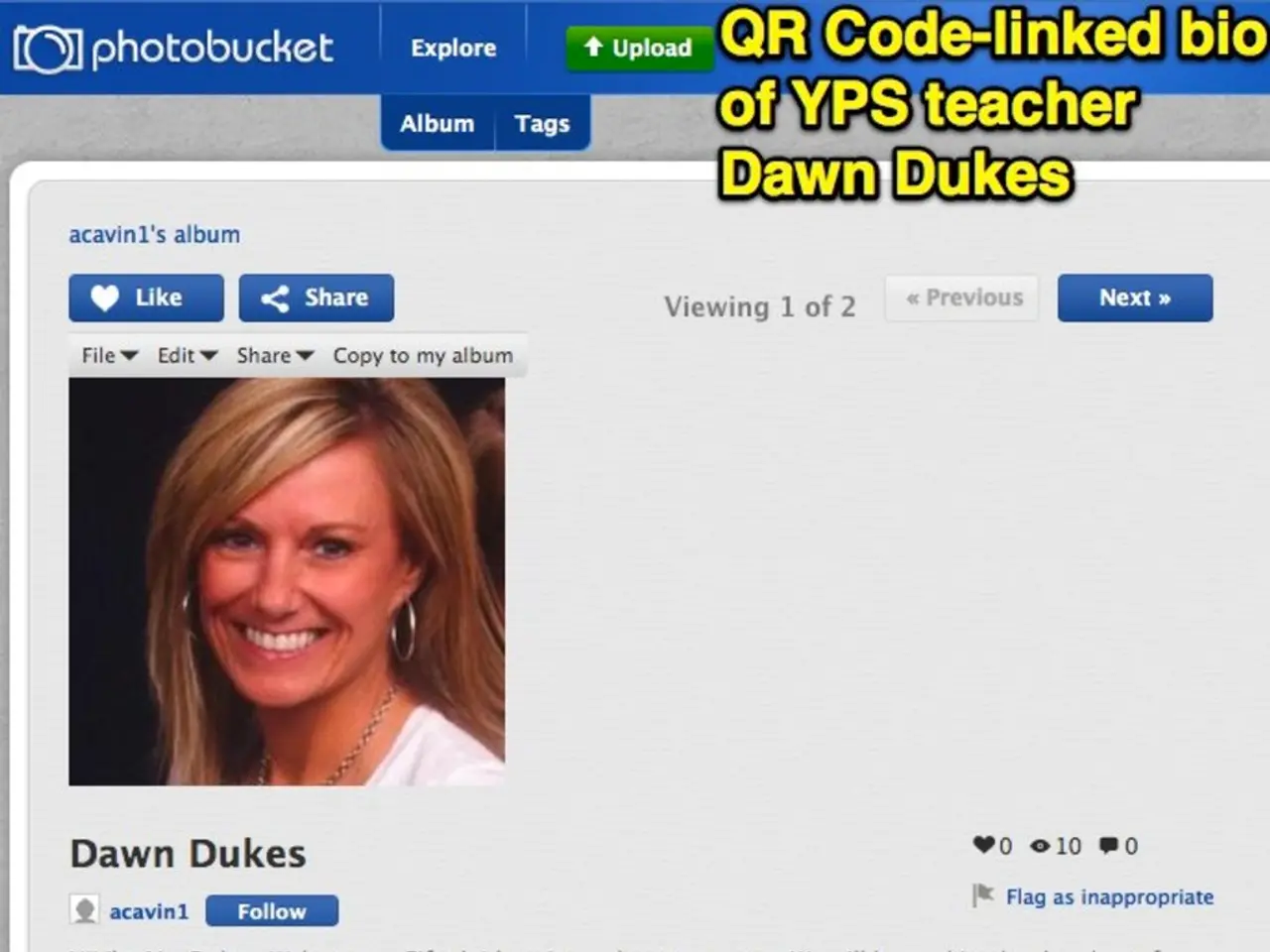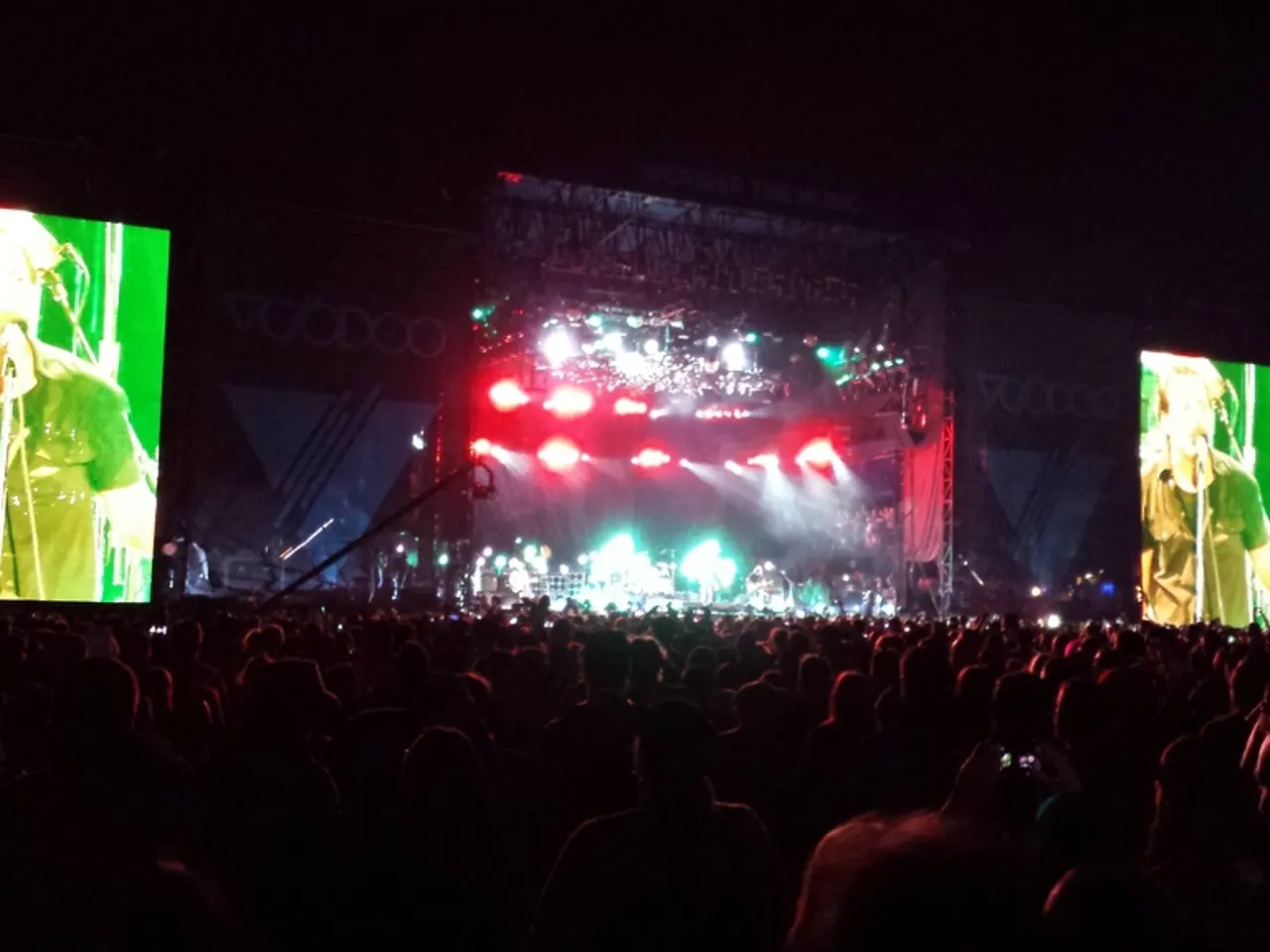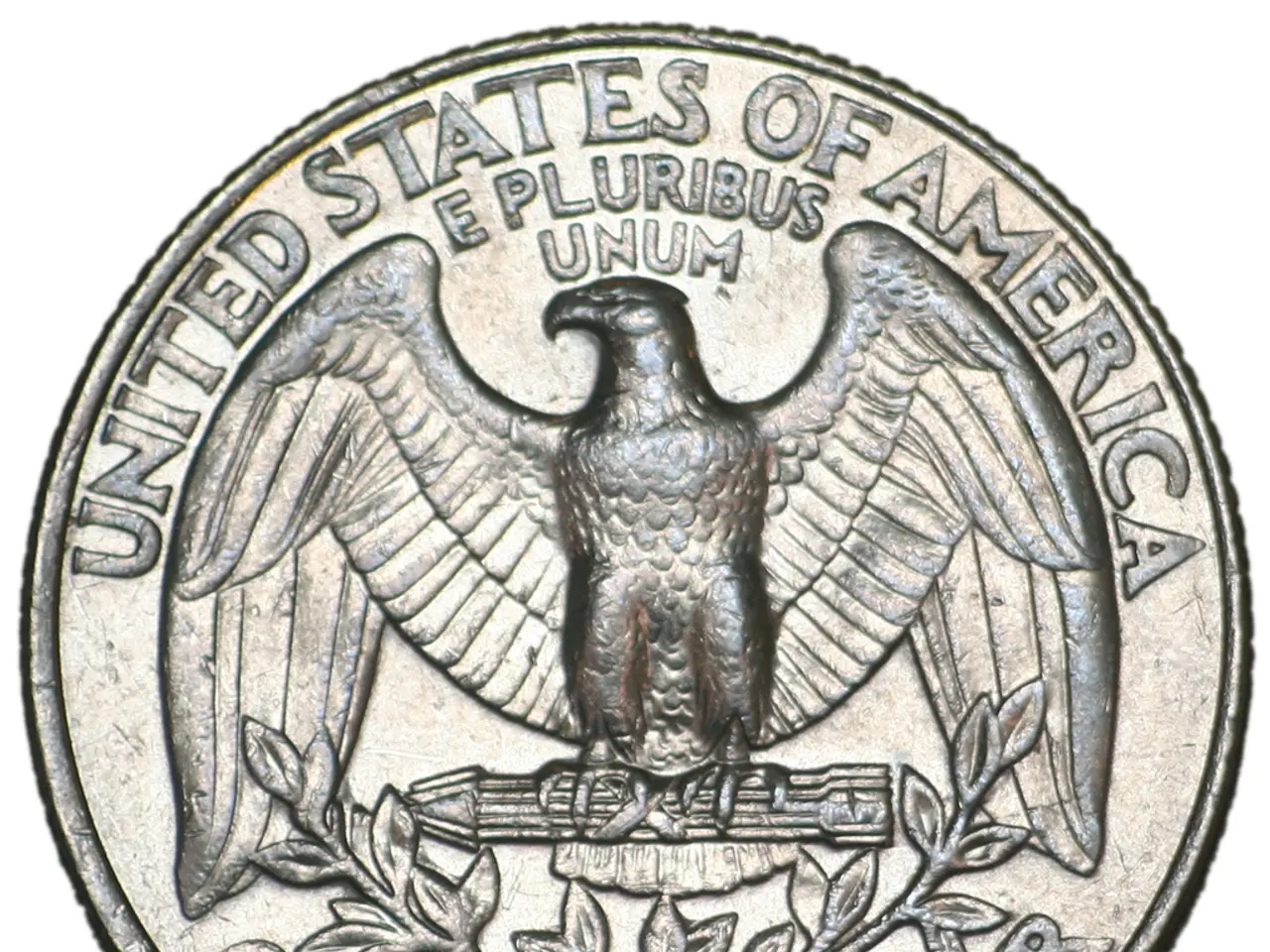Social Media's Influence on Film and Television: A Matter of Debate?
The future of film and television is shining bright, with social media playing a pivotal role in reshaping the industry. By boosting movie promotions, engaging TV audiences, and driving massive impacts through hashtags, campaigns, and celebrity endorsements, social media is lighting the way for a captivating and innovative era.
Celebrity endorsements can have a dramatic impact on both film and television. When a famous actor supports a project, it gains credibility and a wider audience. Influencers, too, can help drive a movie to new heights by leveraging their trusted relationships with their followers. A simple post or video from an influencer can generate big interest and reach thousands to millions of fans.
As the industry adapts to new technologies, challenges will arise. However, by staying informed and adaptable, the entertainment industry can thrive and captivate audiences in new and exciting ways. Embracing new ways of connecting with audiences is crucial. This involves learning about technology, investing in workshops or training, and collaborating with tech firms to create unique, interactive content.
In 2025, social media platforms may host exclusive content for certain movies and TV shows, making audiences feel special and connected to their favorite shows and stars. The latest trends in social media marketing for the film industry emphasize the use of short-form video content, community engagement, platform-specific search optimization, and e-commerce integration.
Short-form video content is particularly popular among Gen Z, making it a vital tool for film promotion among younger viewers. Building a strong online presence involves crafting searchable bios, using real names, and aggregating important links to facilitate discovery and engagement. Instagram remains a powerful platform for film marketing, with over 2 billion active users and enhanced e-commerce features.
Moreover, the trend towards community-led marketing means filmmakers should foster genuine engagement and connection rather than solely broadcasting polished content. Successful film promotion on social networks requires a well-thought plan that includes teasers, sneak peeks, memorable and easy-to-remember hashtags, and audience engagement through encouraging them to share their thoughts, photos, or memes related to the film.
Artificial intelligence (AI) can analyze social media trends to predict what content might succeed and help directors and producers make better decisions about storylines and characters. Social media offers celebrities a platform to reach fans directly, bypassing traditional media channels. Recognizing the demand for exclusive content will be vital for the entertainment industry's success in the future.
Emerging technologies like augmented reality (AR) and virtual reality (VR) will bring new dimensions to entertainment, enhancing storytelling and inviting audiences into a deeper level of immersion. AI chatbots might one day respond to fan questions during live shows, creating real-time interaction between fans and content. Fan interactions online can enhance or hinder a celebrity's brand. Celebrities often engage with fans, which makes them feel included and valued, boosting loyalty.
In summary, the film industry's social media marketing in 2025 is marked by prioritizing short-form video content for storytelling and promotion, optimizing profiles and content for social search, leveraging Instagram’s commercial and advertising tools, and building community through authentic interaction and user involvement. These strategies align film marketing with broader social media trends emphasizing engagement, discoverability, and commerce integration.
- Social media platforms may offer exclusive content for movies and TV shows in the future, allowing audiences to feel more connected to their favorite stars.
- In the film industry, influencers can help drive a movie's success by generating interest among their followers through a simple post or video.
- Embracing new technologies and connecting with audiences through social media is crucial for the entertainment industry's success, as it can help create unique, interactive content.
- Artificial intelligence can analyze social media trends to help filmmakers make better decisions about storylines and characters, while AI chatbots might respond to fan questions during live shows in the future.







